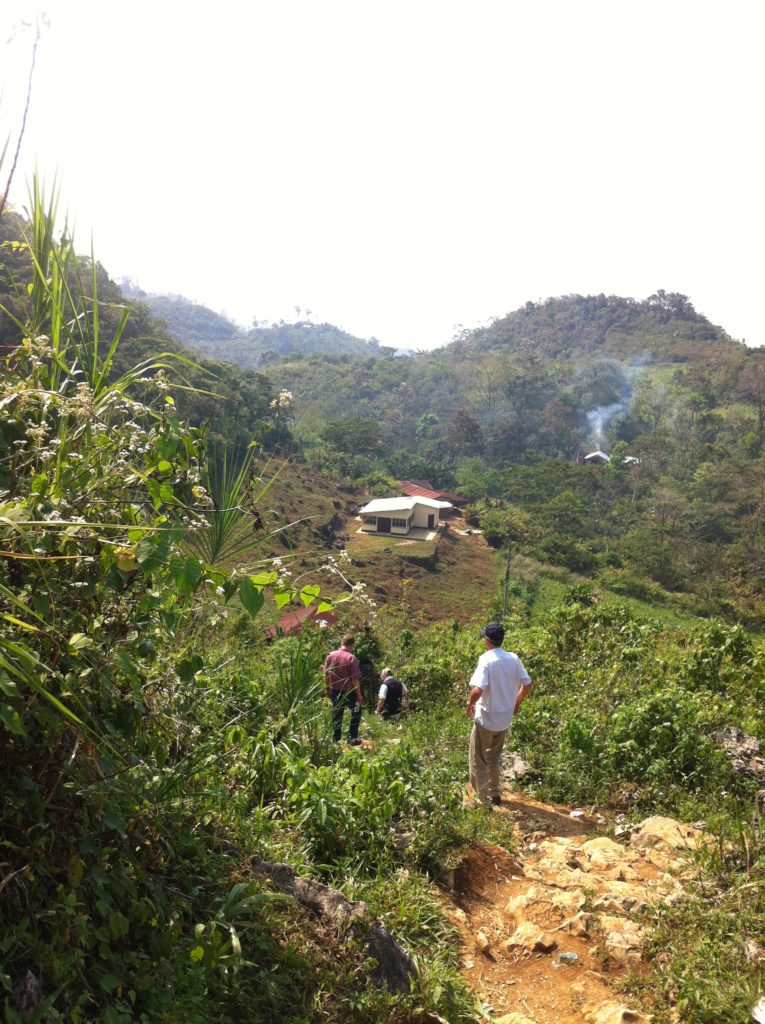Dr. Cesar Augusto Diaz Molina
Dr. Diaz grew up in Cobán in a family of eleven children. Dr Diaz says of his family: “What my father earned was not enough to give family members much comfort, but what he taught us was helping others, discipline, responsibility, honesty and the desire to excel.” Medicine was a career that would allow him to fulfill those objectives. Because there were so many children in the family there was not enough family money to support him through college. Dr Diaz’s older brother chipped in with ten quetzals (a bit more than a dollar) per month which had to cover his supplies, bus fare and food. Dr. Diaz graduated then worked at Sololá Hospital for twelve years. He learned general surgery there with the help of visiting American doctors. He says that more importantly he learned to care for the very poor and to understand that being a physician is not only to treat diseases but also to understand persons in their entirety (physically, mentally and spiritually) and to treat them holistically.
Dr Diaz next moved to Fray Bartolomé de las Casas, a municipality in north central Alta Verapaz, to work in private practice. From the time he moved to Fray he also worked closely with the municipal health center there, particularly consulting on maternity cases. Eventually he joined the staff of the health center and helped its eventual conversion to a District Hospital.
Dr. Diaz then served Health Area Director in Cobán and later became Director of the Department Health Area of Alta Verapaz (DASAV). It was in this era that TulaSalud was first contemplating the programs in mobile health that have since been realized. Dr. Diaz was a strong supporter of the concept. Dr. Diaz eventually joined TulaSalud as Manager of Health Systems, where he continues to work very closely with his friend and colleague Dr. Chen and the other members of DASAV. Together they work to improve health surveillance, especially for pregnant women, in rural and neglected parts of Alta Verapaz.
Dr. Diaz believes that in developing countries with very high rates of poverty, illiteracy, rurality, inequality and population dispersal, it is necessary that people within remote communities acquire the necessary knowledge locally, combined with relevant professional accompaniment. With the use of information and communication technologies they can conduct surveillance of health issues in their communities and take, with the guidance of a professional, appropriate and necessary measures in case of emergencies.

